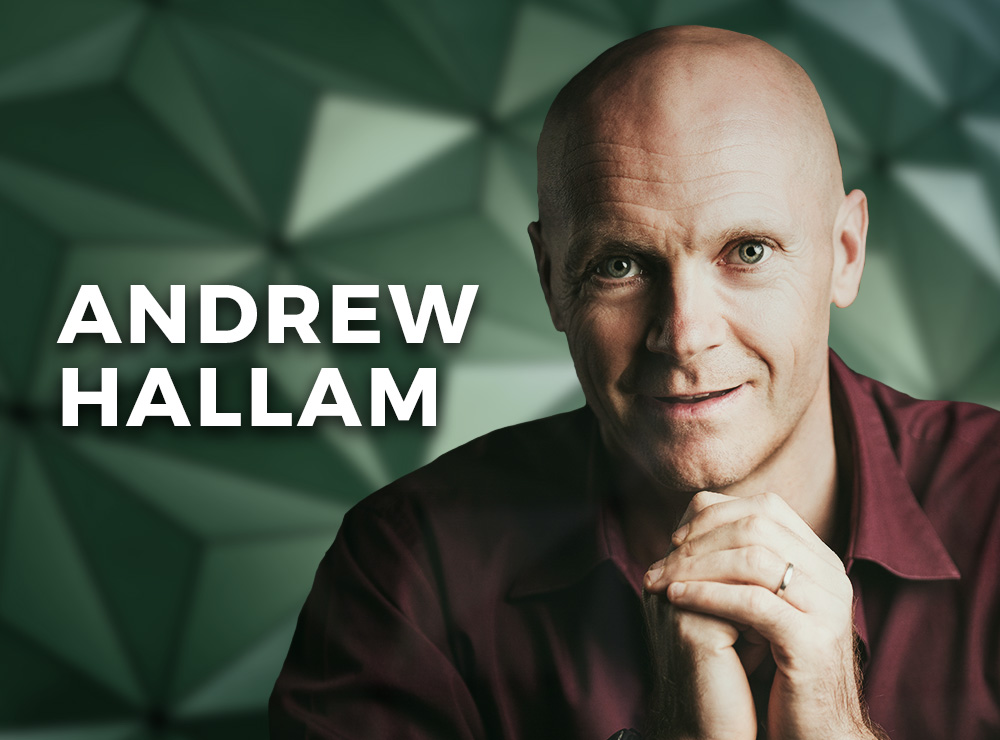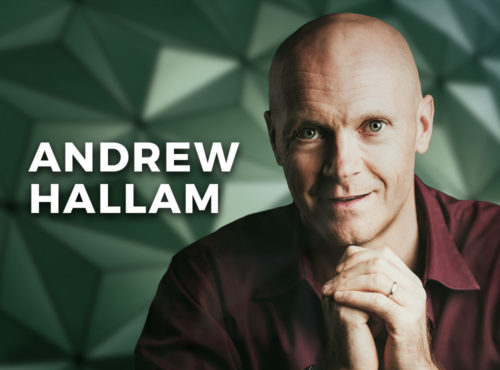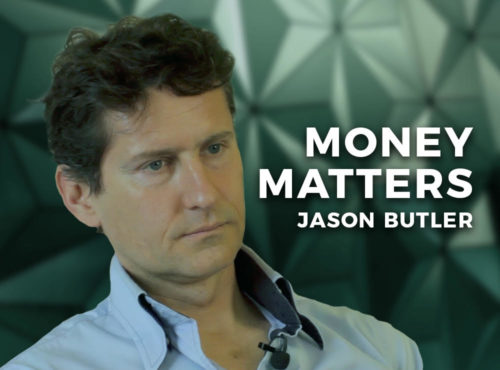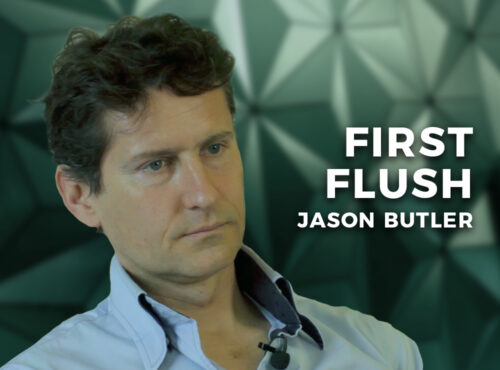
By ANDREW HALLAM
I took a year off work in 2003. I bought a 1- year-old Toyota van and drove it down to Mexico. It didn’t have a sink, a bed or a fridge. I cooked on a portable propane stove. When nature called, I used a shovel.
If this makes you cringe, it’s about to get worse. I had a partner in that van. We removed the back seats so we could sleep on camping mats. We inflated them every night. After about a month, one of them started to leak. After two months, air rushed out of both faster than we could blow it in.
As if our space weren’t cramped enough, we also brought our tandem bike. When we slept in rural areas, we slid the tandem under the van, locking it to a bracket near the back wheel. When we stayed in cities, we slept with the bike inside the van. More than once, I woke up with a greasy face.
Same lifestyle, newer van
Plenty of things have changed since 2003. But much has stayed the same.
Once again, I’m taking a break from full-time work. Over the past ten months, we drove our van through the western part of the United States and down the Baja peninsula. We ferried the van from La Paz to mainland Mexico and drove it down to Belize. But this time, we aren’t driving the old Toyota. Instead, we’re driving the Shangri-La of vans. It has a toilet, a shower, a stove, microwave, television, bed, fridge, table, air conditioning and a generator for power.
If you asked me, “Are you happier with this van than you were with the old Toyota?” I would say yes.
But University of British Columbia professor Elizabeth Dunn and Harvard’s Michael Norton might beg to differ. In their book, Happy Money: The Science of Happier Spending, they reference a University of Michigan study about people and their vehicles.
Drivers of high-end cars are no happier
They asked subjects how they felt about their cars. Some of them owned flashy vehicles; others drove junkers. Those with expensive cars said they liked their cars more. But when they were asked to rate their level of enjoyment when they last drove their cars those with higher-end cars didn’t report any more pleasure than those who drove junkers.
This got me thinking. Today, I would say that I prefer my new van. But back in 2003, if you had asked me to rate how much I enjoyed driving and sleeping in my old van, I would have rated it highly. In fact, my happiness level with that old cramped van was probably similar to what I’m experiencing in my new van today.
Psychologists Daniel Kahneman and Angus Deaton might have an explanation. They surveyed more than 450,000 U.S. residents in 2008 and 2009. They published the results in their 2010 paper, High Income Improves Evaluation of Life but Not Emotional Wellbeing.
They learned that happiness increases with levels of income until our basic needs are met. In other words, wealthy people aren’t happier than the upper middle class. Both groups have shelter, food and access to medical care. When our basic needs are met, happiness plateaus.
Experienced happiness versus reflective happiness
Kahneman and Deaton break happiness into two categories: experienced happiness and reflective happiness. Experienced happiness is more important. It gauges our day-to-day moods. Reflective happiness, however, has little or no impact on our day-to day-lives. Instead, it’s what we feel when we’re asked to compare ourselves to someone less fortunate.
In other words, I would experience reflected happiness if you asked me to compare my new van with my old one. But my day-to-day happiness isn’t higher today because I have a newer van.
It’s much the same with income. The researchers said that people who earn $1 million a year aren’t any happier than people who earn $75,000 a year (let’s call it $89,000 in inflation-adjusted dollars).
But the rich might think they’re happier. That’s based on their reflective happiness. In other words, when rich people are asked to compare their level of wealth with those of others, they report feeling happier. But this doesn’t carry over to their day-to-day mood.
The Hedonic Treadmill
Presumably, wealthy people don’t think, “Wow, I had a great day because I’ve been thinking about my car and home, and they’re so much better than yours!” Instead, people get used to what they own. They rarely reflect on their good fortune and allow it to boost their mood. Behavioural researchers call this the Hedonic Treadmill. It doesn’t take long to get used to a new iPhone, a new car or a new home.
There’s a lot we can learn from this. For the upper middle class, pursuing more money or higher status things won’t make their lives any better. If they’re happy now, then having a Ferrari, a swimming pool and a mansion won’t make any difference.
If they’re miserable, and already part of that upper middle class, more money and things won’t make them tap dance to work or smile a little more.
ANDREW HALLAM is the author of the bestseller, Millionaire Teacher and Millionaire Expat: How To Build Wealth Living Overseas.
Here are some other recent articles of Andrew’s we’ve published on TEBI that you may be interested in:
How would you really want to spend your money?
Plenty of people would fire this amazing money manager
Don’t leave your best investor on the subs’ bench
Why new investors have irrational fears











